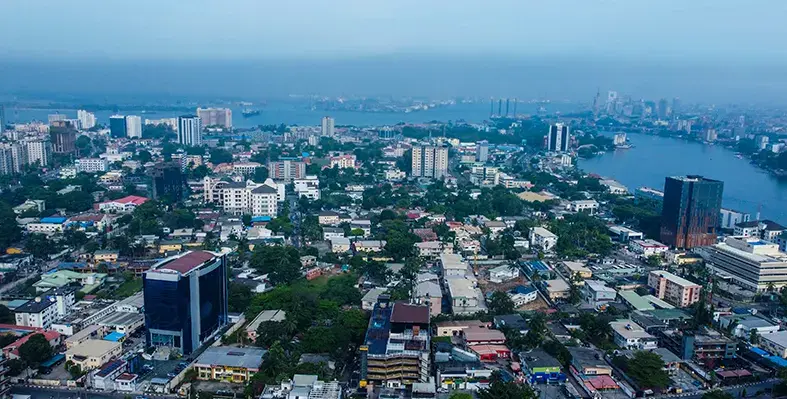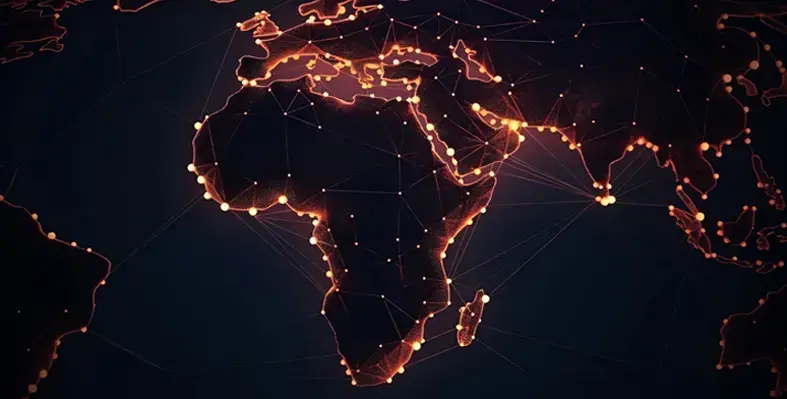
Infinity Wireless and Frogfoot will work together to ensure fibre service delivery remains exceptional
Frogfoot has acquired the fibre network assets of Infinity Wireless (Pty) Ltd in Rustenburg, which will now be integrated into Frogfoot’s national infrastructure
This move expands the company’s footprint in the North West province, strengthening its presence in a key regional market, with the transition officially commencing on 1 November 2025.
Infinity Wireless currently manages and supports the network in the area, and over the next 12 months, it will transition into Frogfoot’s national operating model. Infinity will continue functioning as an ISP on the network, and their customers will remain Infinity customers throughout the process, with no action required on their part. This ensures complete continuity, with no service disruption.
“This is an exciting acquisition that reflects our commitment to regional growth and network investment,” commented Richard Henn, head of mergers and acquisitions at Frogfoot Networks. “Rustenburg is a thriving community, and this move allows us to bring the benefits of our national customer support systems, long-term infrastructure investment and product speed upgrades to existing Infinity Wireless customers. We are particularly pleased to be able to continue working closely with the Koen brothers, who founded this impressive business. We are partner-centric and could not have hoped for better people to join hands with on this journey.”
“We are delighted to be part of this process and to see the fibre segment of our network transition into the Frogfoot ecosystem,” says JJ Koen. “Frogfoot has the scale, technical resources and national presence needed to continue delivering value to customers in Rustenburg. This decision supports the long-term stability of the network and the community we serve.”
Frogfoot’s ongoing investment and focus on expanding coverage play a pivotal role in strengthening regional connectivity. Customers will benefit not only from the company’s extensive network investment but also from access to a wider selection of ISPs once the transition is complete.
Throughout the migration, Infinity Wireless and Frogfoot will work together to ensure fibre service delivery remains exceptional. Upon completion, customers will gain access to an expanded range of ISP options via the Frogfoot platform.

























